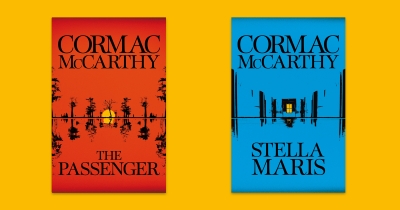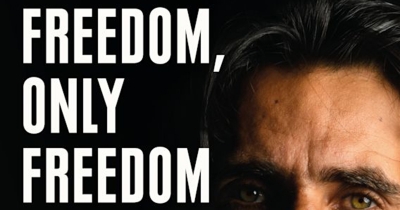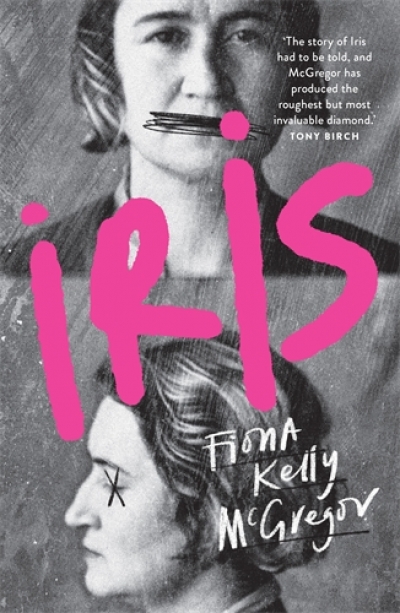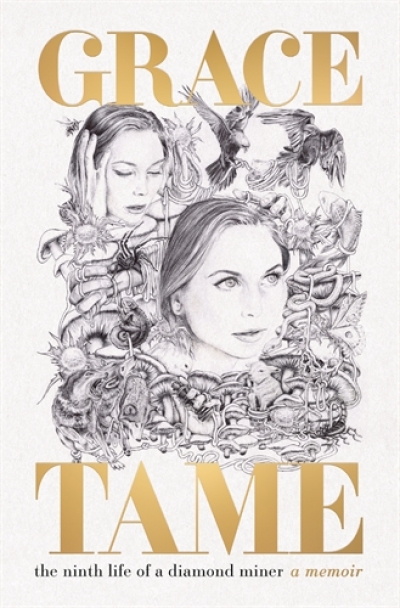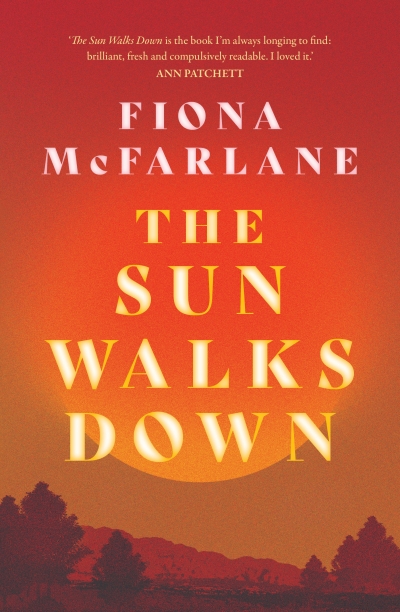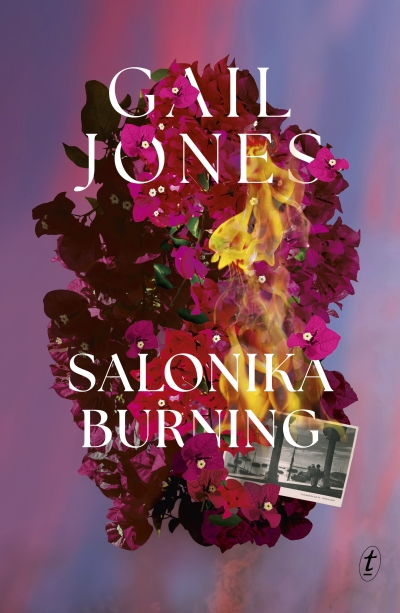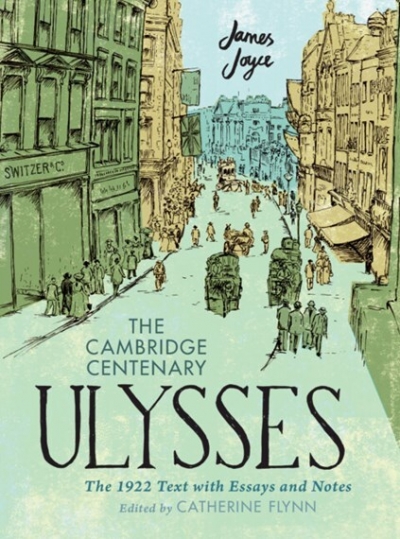Book of the Week
Sign up to Book of the Week and receive a new review to your inbox every Monday. Always free to read.
Recent:
Salman Rushdie has long inspired ambivalence among readers. His talent has never been seriously in question – witness the swift canonisation and enduring affection accorded his second novel, Midnight’s Children (1981) – nor have his bona fides as a public intellectual who has stood against intolerance and cant, even under the threat of death. Yet his body of work has been marked by fictions that run the gamut from interestingly flawed to merely self-indulgent.
... (read more)Black Lives, White Law: Locked up and locked out in Australia by Russell Marks
The Passenger by Cormac McCarthy & Stella Maris by Cormac McCarthy
A hunter discovers a woman’s body in the woods on Christmas day, ‘hung among the bare gray poles of the winter trees’, a red sash tied around her dress to make her body visible in the snow. The strong implication is that she has taken her own life. The series of events that led to her decision is one of many mysteries in The Passenger, the first of two connected and long-awaited novels by Cormac McCarthy.
... (read more)Bulldozed: Scott Morrison's Fall and Anthony Albanese's Rise by Niki Savva
Luck has always been a potent force in politics, good and bad, but for Scott Morrison, Australia’s thirtieth prime minister, it almost single-handedly drove his unheralded ascent.
... (read more)Freedom, Only Freedom by Behrouz Boochani, edited and translated by Omid Tofighian and Moones Mansoubi
In 2018, No Friend but the Mountains: Writing from Manus Prison became a literary sensation. It was written by Behrouz Boochani, a Kurdish-Iranian journalist and refugee who was incarcerated by the Australian government on Manus Island. Like thousands of others, Boochani had travelled by boat to seek asylum in Australia. From Manus, he texted passages to collaborators in Sydney. There, Omid Tofighian and Moones Mansoubi developed the work further. Through reportage, storytelling and poetry, it bore witness to the horrors of immigration detention. By 2019, No Friend had won some of Australia’s major literary awards and Boochani had become internationally renowned. In November 2019, he was invited to attend a festival in Christchurch, New Zealand. After six years in detention, he was free. The system that had imprisoned him remained intact.
... (read more)The accordion, or squeezebox, takes its name from the German Akkordeon, meaning a ‘musical chorus’ or ‘chorus of sounds’. This box-shaped aerophonic instrument makes music when keys on its sides are pressed, one side mostly melody, the other chords. Squeezing the instrument and playing with both hands, the musician dexterously produces polyphonous music.
... (read more)Grace Tame was sixteen years old, and it was 2011, when the first account of the repeated sexual assault and child abuse she had endured as a victim of her fifty-eight-year-old high school maths teacher, Nicolaas Bester, appeared in her local newspaper, the Hobart Mercury. She was hanging out with two close friends, their parents were at work, and she thinks it was probably the school holidays. The headline (‘Teacher Admits to Affair with Student’) was accompanied by ‘a huge picture of his face’ and a ‘romanticised description’ of the first time her abuser had exposed himself to her.
... (read more)Early in The Sun Walks Down, Mary Wallace – mother to six-year-old Denny, who has gone missing in a dust storm – throws her husband a ‘general look of bafflement at having found herself here, in this place, with these people’. It’s a symptomatic moment early in a novel that contains myriad displays of perplexity by various characters – at each other, at situations they create or must navigate, at the meaning of life.
... (read more)In 1917, at the height of World War I, a fire destroyed the Greek city of Salonika (Thessaloniki), a staging post for Allied troops. The centre of an ‘Ottoman polyglot culture’, Salonika was at the time home to large numbers of refugees, many of them Jewish and Roma. It was in one of the refugee hovels that the fire started, an ember from a makeshift stove igniting a bundle of straw. From that single ember grew an inferno that burned for thirty-two hours, obliterating three-quarters of the city and leaving 70,000 people – by some estimates half the population – homeless.
... (read more)The Cambridge Centenary Ulysses: The 1922 text with essays and notes by James Joyce, edited by Catherine Flynn
Earlier this year, I took a group of students to the State Library of Victoria (SLV) to see its impressive Joyce collection. We examined some special books, including lavish editions of Ulysses: the 1935 Limited Editions Club edition, with Matisse’s accompanying etchings; the 1988 Arion Press edition, with illustrations by Robert Motherwell – and various others. But the one that had lured us down Swanston Street was the iconic first edition, with its famous blue cover, fortuitously acquired by the SLV in 1922.
... (read more)




